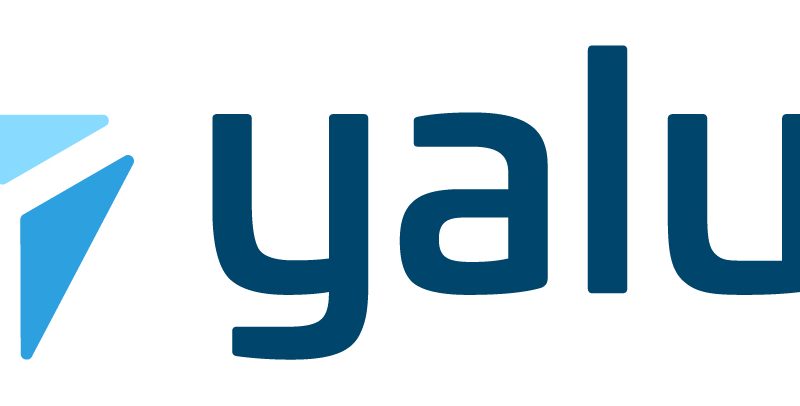Yalu COO, Tlalane Ntuli shares how to get your finances on track in the new year
Another year gone, another expensive Festive Season that’s left you broke. And while it may have been
a special time with family and friends, it may also have been a time of overspending.
“No matter where you may be when it comes to your finances, through careful planning and management, you can make 2019 the year of sorting out your finances,” says Chief Operating Officer of Yalu, Tlalane Ntuli, the leading online credit life insurance provider, underwritten Old Mutual Alternative Risk Transfer a division of Old Mutual.
Ntuli advises the following strategies for getting your finances back on track in 2019:
- Set financial goals:
Goals keep you focused on a specific target. Decide on your top 3 financial goals that you want to achieve. These goals may be anything from an overseas trip, paying off your debt to saving up for a down payment on a home.
“Assess where you are currently in terms of your finances. Decide where you want to be. Then break your goal down into smaller, achievable steps,” says Ntuli.
For example, save for that dream holiday by opening up a separate bank account and put away a set amount of money each month into this account.
- Budget:
Budgets are surprisingly simple. It entails focusing on 3 main elements: income, expenses and savings.
You need to know exactly where you are financially before you can start making any future plans. Create columns for each category. Use an excel sheet if you can. Then write down all the details corresponding to the relevant category.
“The 50/30/20 system always works best. This is where 50% of your income goes to your non-negotiables such as food, schooling and your rent or home loan; 30% goes to savings and monthly premiums such as your student loan and insurance policies; 20% goes towards your wants – both saving for big items such as a new tv or going out for dinner. This is the ideal plan. if you are not able to work it just yet, then reduce what you are spending on in terms of your “wants” category and allocate this money to your other areas, slowly building up to this format.” Says Ntuli
- Emergency fund:
Unexpected events are an unavoidable part of life. You break your arm; you may need to replace the brakes on your car or the vacuum cleaner packs up. Be prepared to meet these extra expenses by putting money away every month.
“Setting up an emergency fund acts as a buffer against having to dip into your monthly income. Think of it as a shock absorber – absorbing the financial impact of an unanticipated event,” advises Ntuli.
- Needs vs Wants:
Separate your needs from your wants. You may want a new dress or new jacket, but that doesn’t mean you have to get it.
Before making a purchase, think what it is adding to your life. If it’s a mid- to long-term goal such as starting a course or upskilling yourself to add to your job security, then shop around for the best deal on a student loan.
“Keep in mind that you are allowed to choose your own credit life insurance,” says Ntuli. “Often credit life insurance is automatically added to a loan – student or personal loan, without the consumer realizing it. Read the fine print and do the research so that you get the best deal for yourself, you could end up saving yourself a pretty penny,” - Save:
No matter what you may earn you must spend less than your income. Learn to live on less than you earn, cutting down on whatever expenses you can. It may not seem like a lot at the time, but not buying the daily cool drink and other indulgences can really add up, helping you to have extra money for the little things that you really need in the month while having enough for savings, expenses, investments and to pay off debt. - Managing credit:
Focus on paying off your highest credit interest debt first. “Make a habit to pay extra where you can. Consumers must be aware of additional benefits to paying off their debt such as the 10% of premiums which clients with Yalu policies receive at the end of the loan term if they have not claimed. There is also the benefit of premiums that reduce as your pay your loan, meaning you only paying the insurance needed to cover the outstanding balance and not a cent more,” says Ntuli.
New Year offers us a clean page. A chance to start afresh. Applying this to your finances means taking the necessary steps to get you back on track through conscious management of your money.
“Remember; one good habit lays the foundation for taking the small step necessary to realise your goal. It requires focus, dedication and persistence, by developing and implementing these qualities, you can gradually get your finances on track to make 2019 the best year yet,” concludes Ntuli.




